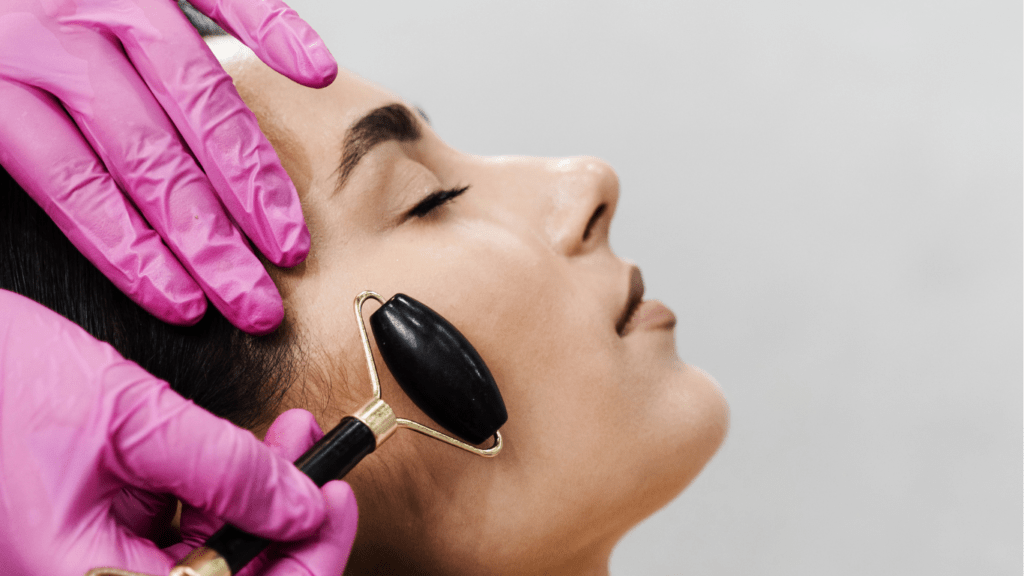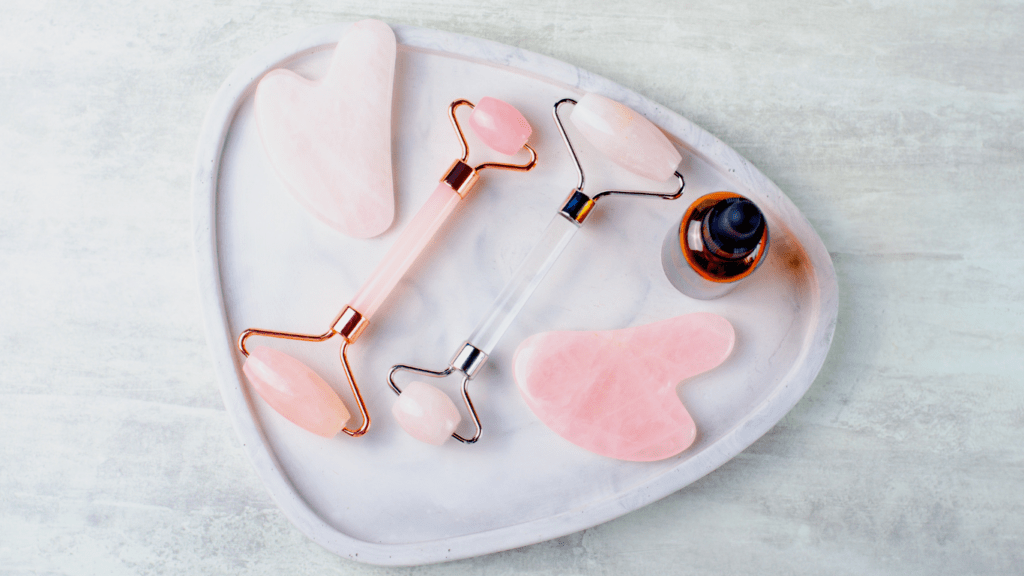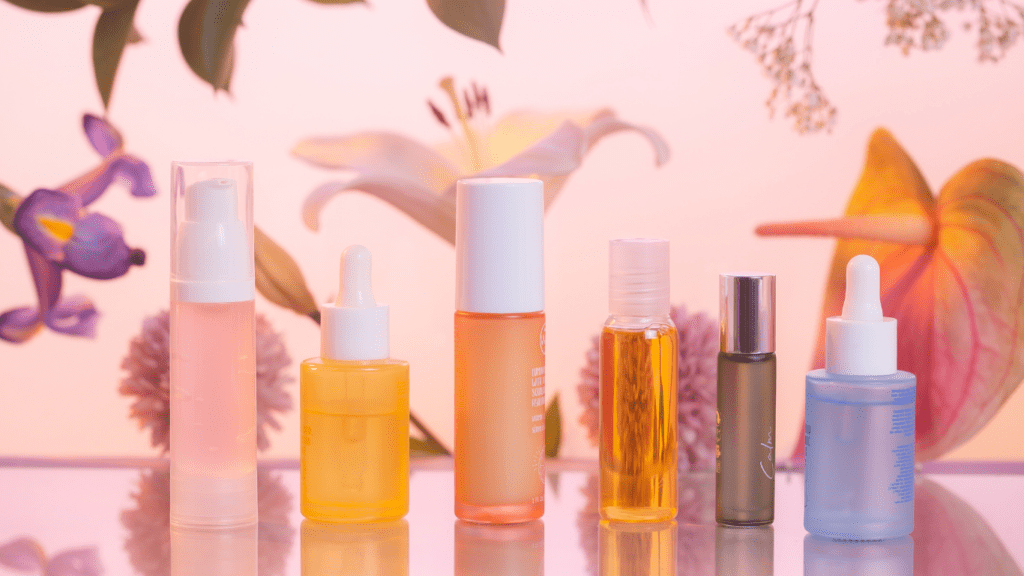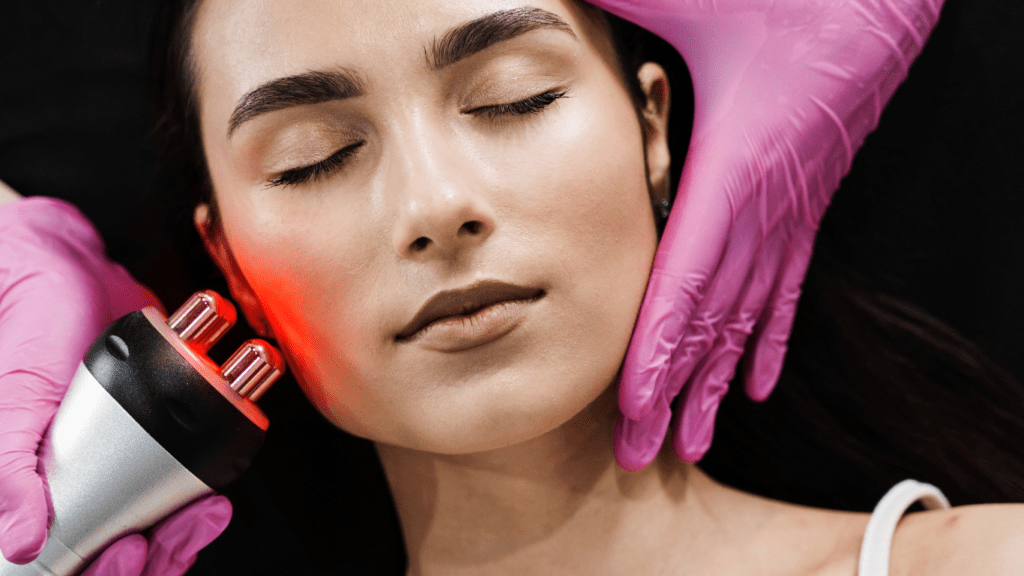The Evolution Of Skincare
Skincare has dramatically advanced over the decades, shifting from simple routines to intricate regimens filled with cutting-edge products. Initially, the focus was on basic cleansing and moisturizing. Early products often contained natural ingredients like aloe vera and olive oil. These provided hydration but lacked sophisticated formulations found in modern skincare.
In recent years, the industry has embraced technology and science, giving rise to innovative products. Biotechnology has played a crucial role by introducing ingredients like peptides and hyaluronic acid. Peptides boost collagen production, reducing wrinkles and fine lines. Hyaluronic acid hydrates the skin by retaining moisture, improving texture and elasticity.
Smart devices have also become integral to skincare. Devices such as facial cleansing brushes and LED therapy masks enhance efficacy. Facial cleansing brushes provide deep cleansing by removing impurities more effectively than manual washing. LED masks use light therapy to treat various skin concerns, including acne and aging signs.
Another significant shift is the personalization of skincare. Advances in skin analysis allow for custom-tailored products. Smart apps and devices analyze skin type, texture, and condition, recommending specific products. This personalized approach ensures that users get the most effective treatments for their unique needs.
Environmental sustainability has also influenced skincare evolution. Brands now focus on eco-friendly practices. Sustainable packaging, plant-based ingredients, and cruelty-free testing are becoming standard. This shift not only benefits the planet but also appeals to eco-conscious consumers.
Consumer demand has spurred continuous innovation. Ingredients like retinol and niacinamide are gaining popularity. Retinol accelerates cell turnover, improving skin tone and texture. Niacinamide reduces inflammation and minimizes pores, contributing to a clearer complexion.
Skincare has evolved from basic to advanced, integrating technology, biotechnology, personalization, and sustainability. This dynamic progression ensures that skincare routines remain innovative and effective, catering to a wide range of consumer needs and preferences.
Cutting-Edge Ingredients
Skincare has evolved to include some of the most advanced ingredients. Cutting-edge components promise to improve efficacy and meet diverse skin needs.
Hyaluronic Acid Variants
Hyaluronic acid is popular for its hydrating properties. Innovations have led to various molecular weights and forms for deeper skin penetration. For example, low molecular weight hyaluronic acid reaches deeper layers, offering enhanced hydration and plumping effects. Cross-linked hyaluronic acid, often used in injectable fillers, provides longer-lasting moisture retention. These variants cater to different skin types and concerns more effectively.
Probiotic Skincare
Probiotics are increasingly recognized in skincare for their ability to balance the skin’s microbiome. These beneficial bacteria help strengthen skin barriers and reduce inflammation. Probiotic skincare products, such as creams and serums containing Lactobacillus and Bifidobacterium, are designed to restore skin health disrupted by pollutants or harsh chemicals. Using probiotics, smoother and more resilient skin can be achieved.
CBD Infused Products
CBD, derived from hemp, has powerful anti-inflammatory and antioxidant properties. It’s becoming a sought-after ingredient for its potential to calm irritation and reduce redness. CBD-infused products range from face serums to body lotions, providing soothing effects for various skin conditions like:
- eczema a
- acne
With its therapeutic benefits, CBD continues to make its mark in the skincare industry.
Advanced Skincare Tools
The latest skincare innovations feature sophisticated tools that elevate daily routines to new heights. Two standout advancements include LED light therapy devices and microcurrent facial tools.
LED Light Therapy Devices
LED light therapy devices target various skin issues through specific wavelengths. Red light stimulates collagen production, reducing fine lines and wrinkles. Blue light combats acne by killing bacteria on the skin’s surface. Green light helps with pigmentation issues, evening out skin tone. Multiple clinical studies support these benefits. Popular devices, such as the Dr. Dennis Gross SpectraLite FaceWare Pro, provide these therapies in convenient at-home formats.
Microcurrent Facial Tools
- Microcurrent facial tools use low-level electrical currents to stimulate facial muscles and skin cells.
- Devices improve contour, tone, and firmness by mimicking the body’s natural electrical currents.
- Regular use boosts collagen and elastin production, which are essential for a youthful appearance.
- The NuFACE Trinity Facial Toning Device has garnered praise for its efficacy and ease of use.
- Numerous dermatologists and aestheticians recommend these tools for their non-invasive anti-aging benefits.
Personalized Skincare Solutions

Personalization is revolutionizing skincare, making it possible to tailor products and routines to individual needs.
AI-Driven Skincare Apps
AI-driven skincare apps analyze skin conditions using advanced algorithms. Users upload selfies and receive customized product recommendations based on real-time analysis. Apps like SkinCeuticals Custom D.O.S.E and L’Oréal’s Perso tailor regimens to address specific concerns such as dryness, acne, and aging. They enhance user experience by continuously adapting suggestions as skin changes.
DNA-Based Skincare Products
DNA-based skincare products offer maximum personalization by examining genetic variations. Brands like Dermalogica and GeneU analyze DNA samples to tailor products to genetic makeup. These products target predisposed conditions like sensitivity, collagen breakdown, and pigmentation. DNA analysis reveals deeper insights into skin health, enabling highly customized solutions.
Eco-Friendly And Sustainable Options
Eco-conscious consumers have driven the skincare industry towards more sustainable and environmentally friendly solutions. New innovations cater to both skincare needs and environmental concerns by prioritizing eco-friendly practices.
Refillable Packaging
Brands are adopting refillable packaging to reduce plastic waste. Kjaer Weis and Tata Harper offer refillable options for their skincare products, cutting down single-use plastics. Using refillable packaging not only lowers environmental impact but also enhances brand loyalty. Consumers can replenish their favorite products without contributing to landfill waste.
Biodegradable Formulas
Biodegradable formulas in skincare ensure that products break down naturally without harming the environment. Companies like REN Clean Skincare and Ethique create products that decompose safely. These formulas use natural ingredients that degrade swiftly, ensuring minimal ecological footprint. By choosing biodegradable products, consumers not only care for their skin but also contribute to environmental preservation.
Top Brands Leading The Innovation
Several brands stand out for their groundbreaking contributions to the skincare industry, pushing the boundaries of what’s possible in skin health and beauty.
Brand Spotlight: Drunk Elephant
Drunk Elephant focuses on biocompatible active ingredients. Their formulations exclude what they call the “Suspicious 6″—essential oils, drying alcohols, silicones, chemical sunscreens, fragrances/dyes, and SLS. Notable products include the T.L.C. Sukari Babyfacial, which combines AHA/BHA for a gentle yet effective exfoliation.
Brand Spotlight: The Ordinary
The Ordinary is renowned for its no-nonsense approach to skincare. They offer clinical formulations with integrity, using purist ingredients at affordable prices. Popular items include their Hyaluronic Acid 2% + B5 for hydration and Niacinamide 10% + Zinc 1% for combating blemishes and congestion.
.



 Beauty Product & Fashion Brand Reviewer
Elizabethie Vallestiera is Glam World Walk's go-to expert for in-depth beauty product reviews and luxury brand spotlights. With a meticulous approach to analyzing the latest beauty innovations, she ensures that readers are always informed about the best products on the market. Elizabethie’s passion for uncovering the stories behind iconic fashion brands makes her articles not only informative but also captivating, offering a blend of style, substance, and glamour that readers crave.
Beauty Product & Fashion Brand Reviewer
Elizabethie Vallestiera is Glam World Walk's go-to expert for in-depth beauty product reviews and luxury brand spotlights. With a meticulous approach to analyzing the latest beauty innovations, she ensures that readers are always informed about the best products on the market. Elizabethie’s passion for uncovering the stories behind iconic fashion brands makes her articles not only informative but also captivating, offering a blend of style, substance, and glamour that readers crave.
